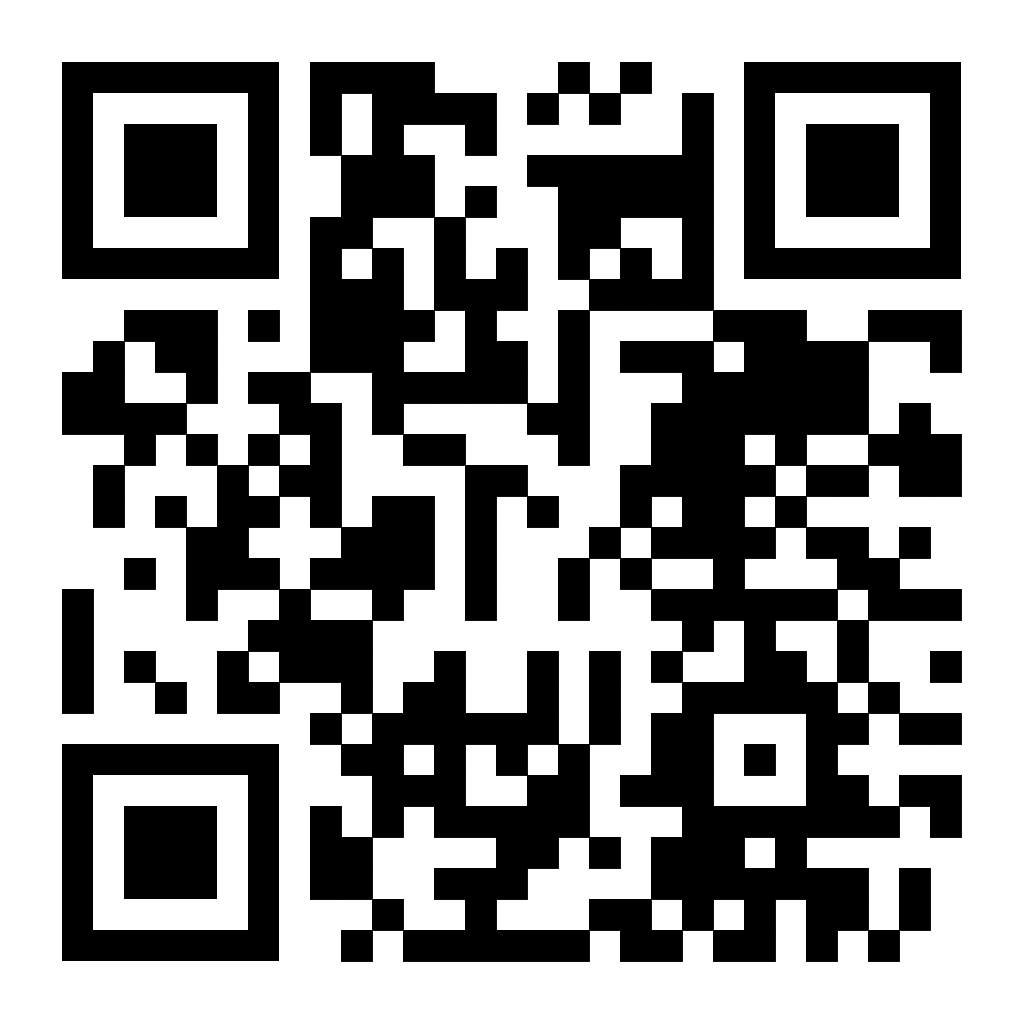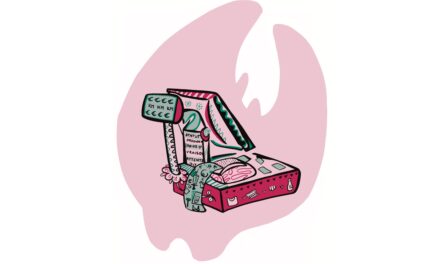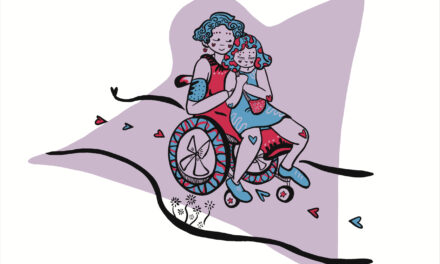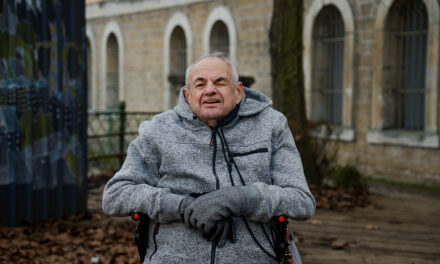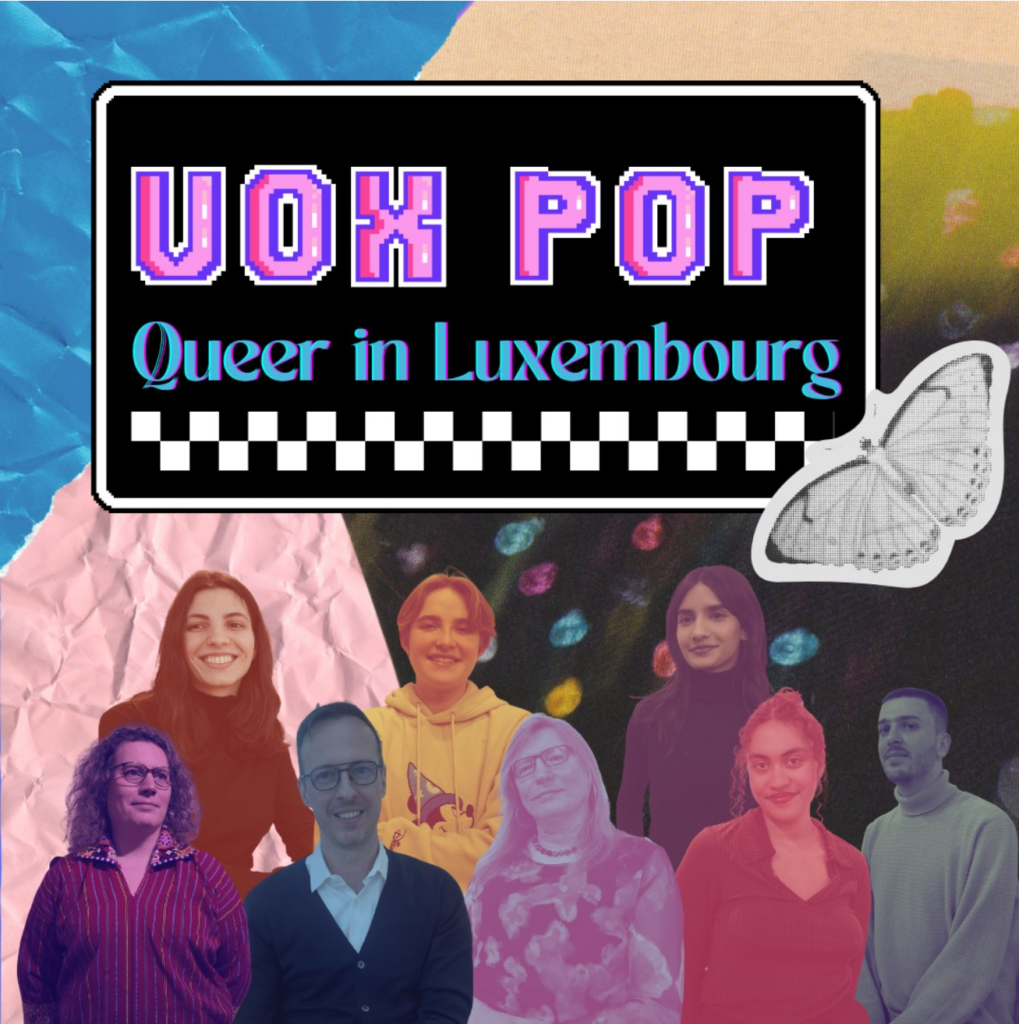
déi aner and queer.lu have queried members of the community about their experiences as queer individuals in Luxembourg. They spoke of their diverse experiences, both their joy and their worries of living in the Grand Duchy. While Luxembourg is renowned for its safety, it doesn't shield queer individuals in the Grand Duchy from discrimination. The following testimonials relate tales of hope, disillusionment, and the urgent need for change. In essence, they suggest there still is a long way to go for LGBTIQ+ individuals.
- What does it mean for you to be queer in Luxembourg?
- What do you think of Luxembourg’s status as a queer safe haven?
- What has disappointed you the most?
- What would you like to see change?
Elona / 42 years old / Works at the University of Luxembourg:
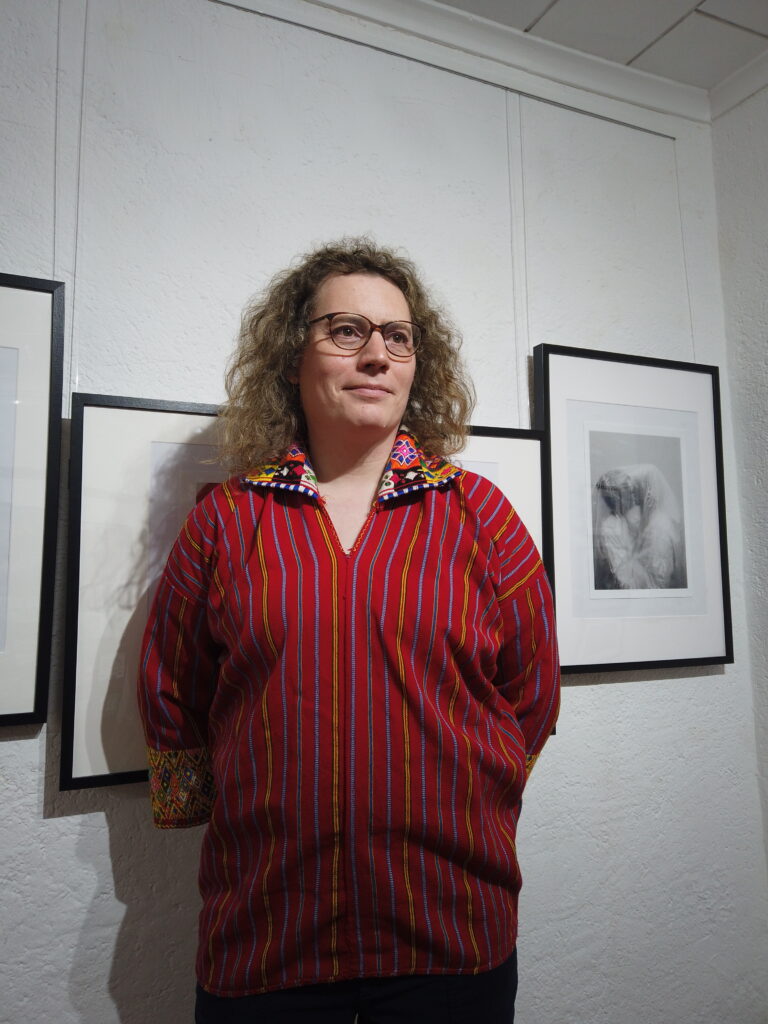
- Because Luxembourg is such a small place it’s very easy to know a lot of people and the people I have met here have [helped] me create this sense of community. Outside of the queer community [, however,] I do feel like an alien.
- It’s always relative because you can always find places that are worse than Luxembourg. But, I think especially as a trans person I wouldn’t call Luxembourg a safe haven. There’s definitely a lack of education at all levels.
- I did not necessarily have a lot of expectations but if I look at the progress made in neighboring countries regarding trans health care and I compare it with the lack of support at the university here, I definitely feel disappointed.
- I would like trans people to feel safer, which means feeling safe to go to the doctor, to get healthcare and not to feel obliged to see a psychiatrist. Being trans is no longer considered a mental illness, yet in Luxembourg, the procedure still assumes that we are potentially mentally ill. The CNS makes it more difficult for [trans] people to access healthcare. There’s no recognition of non-binarity. […] The laws are not progressing. […] The reality is that [Luxembourg] is very conservative whether in the mindset or in the public policy.
Noni / 29 years old / Yoga Instructor:
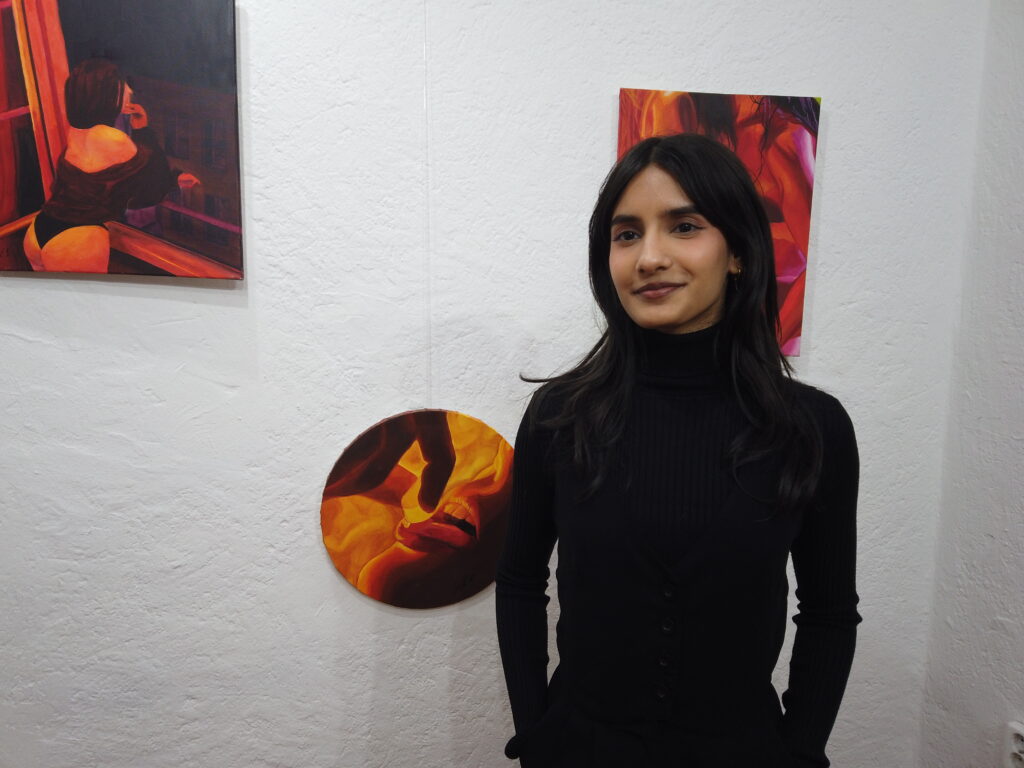
- It has always meant comfort. I feel comfortable being myself not just in terms of being queer but in almost all aspects. I feel seen and I feel comfortable in my own skin.
- I can believe that because I myself feel safer here as a queer person and as a person of color [… thanks to] the diversity around me.
- Luxembourg is such a transitional area for a lot of people, they’re just passing through […]. You don’t get the sense of community the same way that you might in my home country [in India]. […] There’s so many of us and maybe, like me, a lot of people do feel comfortable here but it would be nice to bring everyone together.
- I would like to see more emphasis on creating a free and welcoming community, one, where even if people are only passing through Luxembourg, they feel like they can always come back and have their place in it.
Ahmed / 22 years old / University student in English Literature:
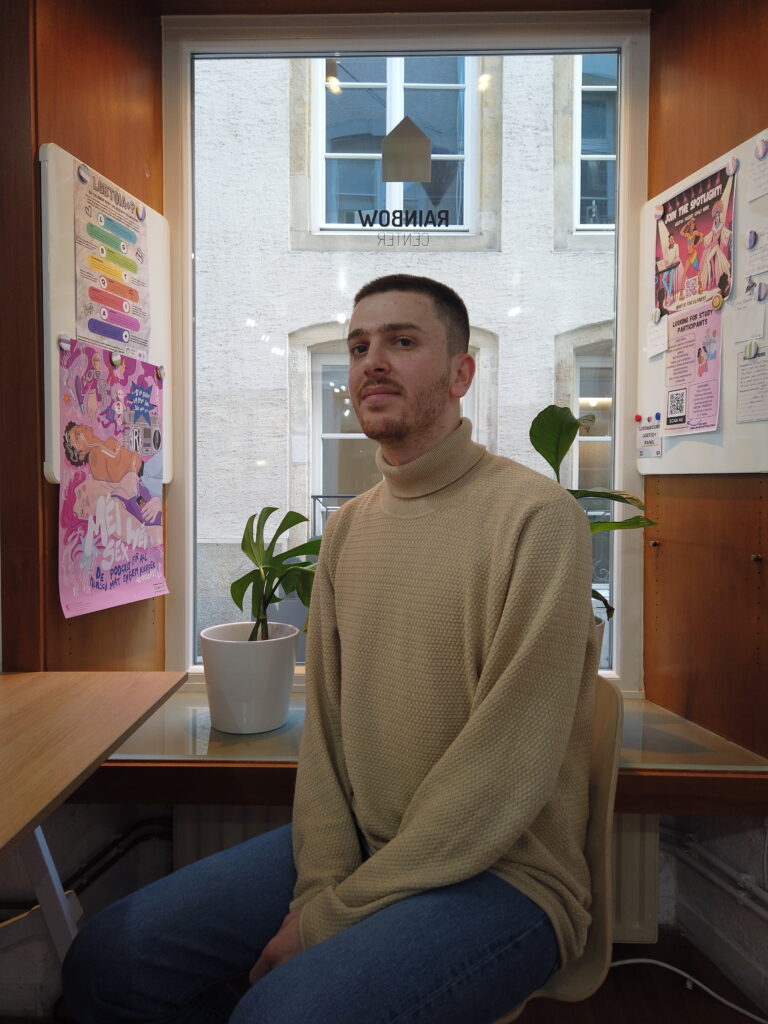
- I [openly] share my sexuality with people in Luxembourg, but my background [as a refugee] is different and that makes me feel like I am a second-degree queer person in Luxembourg.
- Back then, when I was in Iraq, I would see on social media that people in Luxembourg would go to Pride events and they were all proud about it. I saw that as the land of freedom, as heaven. And, I always imagined myself there. But, when I came here, I was shocked because it was not the case. It might be well developed for the community’s safety. But, I don’t think it is still where it should be.
- Luxembourgish society, just like my native society, still has stereotypes and clichés vis-à-vis the queer community. I was not expecting that.
- I think I would like to see more people educated about the queer community, also within the community. We sometimes tend to think that if you’re queer that automatically means you are liberal with regard to your ideas and accepting of everybody. But, that is not the case, […] I think that trans and non-binary people are not well understood by some queer people and other members of the society.
Ernest / 18 years old / Student:
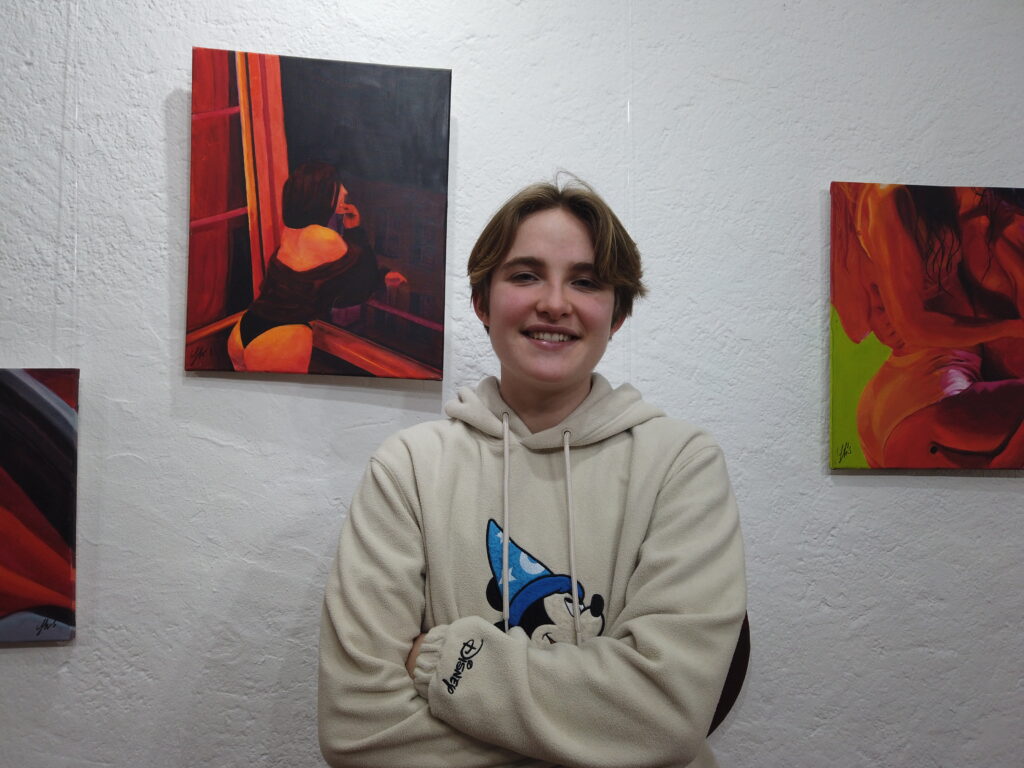
- I think for me being queer in Luxembourg is to be hidden. […] I am in a few groups such as a trans group – because I am trans – but there are only a few people I met through that [and, there are none in my school…]. So, for me, […] I think I have to hide that I am queer. [And,] I don’t really like to bring it up because I’m afraid of making people uncomfortable.
- It’s not really a safe haven, you don’t really feel safe when you’re walking around Luxembourg. You do feel represented sometimes by seeing flags around you or seeing people talking about it.
- My school tried to do gender-neutral bathrooms and to me this was the most normal thing ever but so many people were against it. I think they said that 80% of people said they didn’t want gender-neutral bathrooms because they were scared. [Of course,] there can be reasons to be scared but, if they’re scared because of trans people then it’s not valid in any way. This really disappointed me because I, myself, struggle with going to the […] men’s toilets because I feel like they will find out and they will kick me out. So, having gender-neutral bathrooms would really make me feel better and let me maybe go to the toilet at school.
- I would like to see people’s perspectives on queer people change in Luxembourg. Also, Internet culture needs to change in relation to LGBTQ+ people because a lot of young people are on TikTok all the time […]; and also you need to have more queer spaces in Luxembourg.
Lisa / 31 years old / Bookshop Assistant:
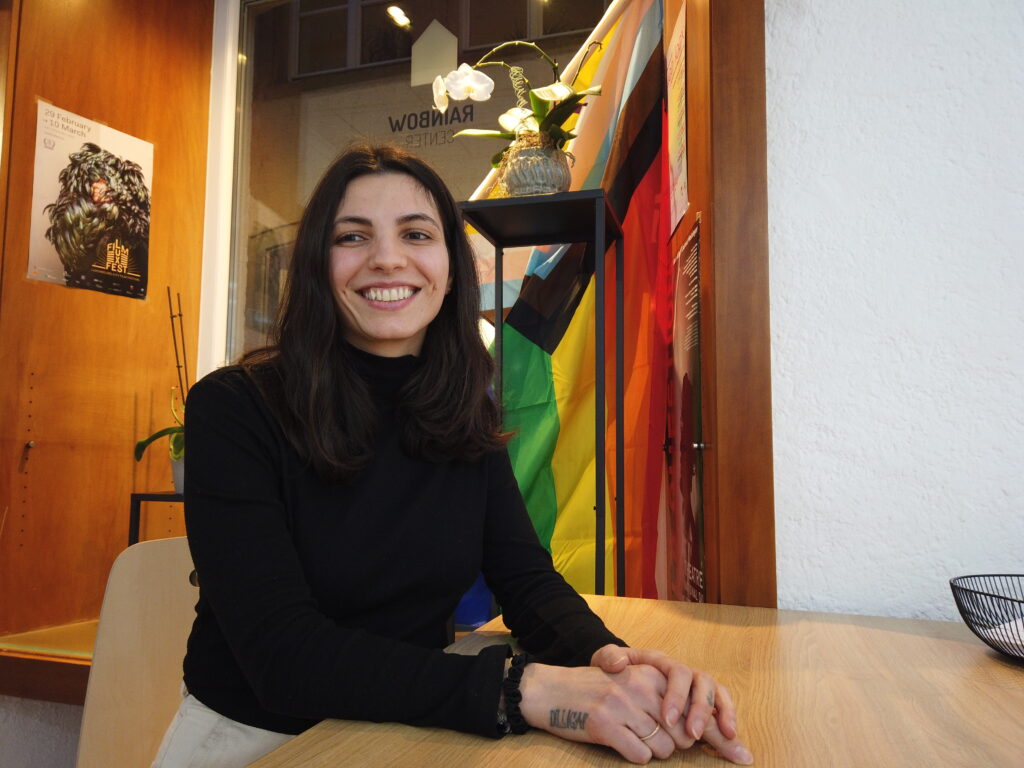
- Luxembourg is a safe place to be queer. Then again it’s not that simple. People have the tendency to compare it to other countries and, obviously, we are lucky to be here but there are still a lot of issues [which makes me feel sad and angry].
- That is a tricky situation because it is a safe place and [at the same time] there are some issues. So, we are in between being grateful but wanting things to change.
- My wife and I decided around two or three years ago to have a child and that was kind of complicated […] to get all the information, first of all. It’s super hard to know where to ask and what to ask. All the legal things and the thing which disappointed me the most was that I had to adopt my son which was not only expensive but also difficult from an emotional standpoint. I was there from the beginning, so that was hard.
- [I would like to see] that future lesbian couples don’t have to go through an adoption process and that things will be made simpler and more accessible for them.
Lily-Rose / 18 years old / Student:
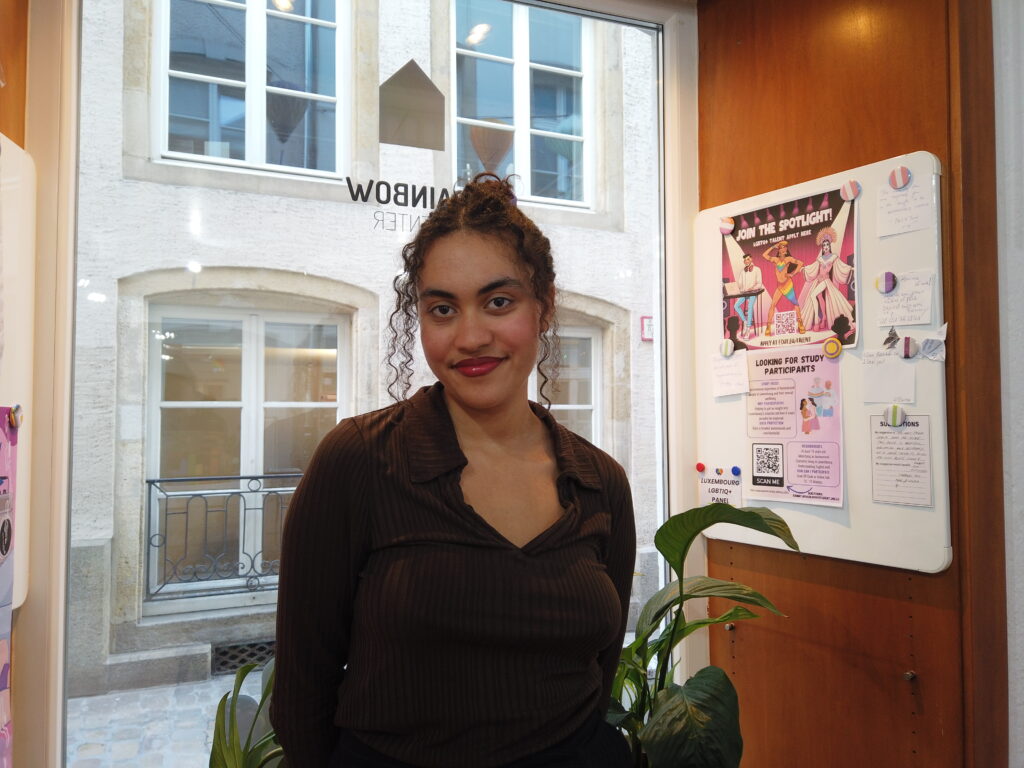
- Luxembourgish people pretend to accept our queerness. Most of the time, they will not tell you directly to your face that they think it’s weird, but you can see it in the way they talk.
- I think they’d like to pretend that they are open to queer people, and they are, to a certain extent, because it’s safer to be queer in Luxembourg than in a lot of other countries, but it is not perfect. […] I want to be able to walk in the streets and not feel uncomfortable if I’m [holding my girlfriend’s] hand, and not feel looked at by men in a gross [fetishizing] way. I can be bisexual without being a man’s object.
- For [queer] people, we are disappointed, because we are shown an illusion where your life is supposed to be perfect in Luxembourg. You’re told that you don’t have to worry about being queer in Luxembourg, but, in my opinion, you’re not safe.
- [I would like to see things change] in school. A lot of the boys are very [queerphobic] and the teachers don’t say anything. You hear slurs in classes and […] there are no repercussions. You can say the worst slur and no one will say anything.
Annette / 56 years old / Works at the CFL:
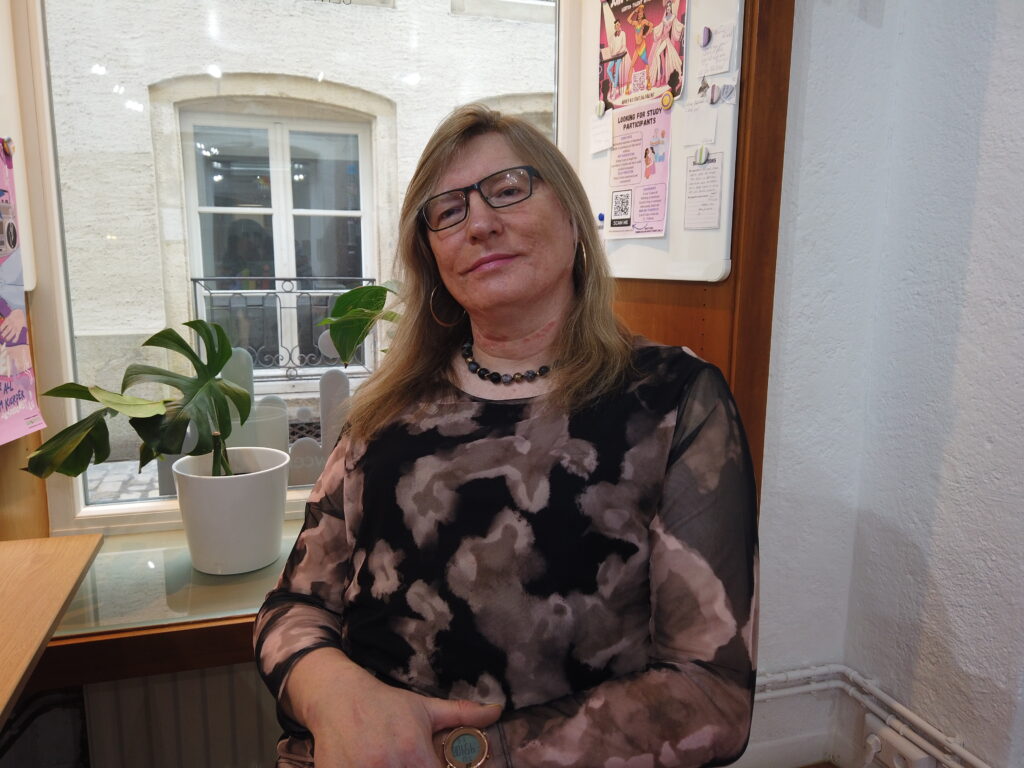
- Being queer allows me to finally be who I am and to represent myself as the woman I am. [And,] it feels really great to be part of this beautiful community in Luxembourg.
- I think, compared to other countries, Luxembourg must be one of the best places worldwide. […]. All of this is due to the former government being quite open. Some people in it were even queer which was good. They voted on the new gender recognition law which I have benefited a lot from and many other people as well. […] Our society seems open-minded, but these are the experiences I made during my own coming out. […] I noticed that almost everyone was extremely tolerant towards me.
- Of course, it is not all that perfect. In the case of Luxembourg, there must be a few narrow-minded people who are suffering from prejudice and people who don’t like queer people. […] There is still a need for people to be better informed.
- We should keep an eye on these narrow-minded people. These people have power by being able to vote in political elections. There is this one party that is not queer-friendly at all. And, they will vote for them. And, as soon as a party like that is in government, it won’t be that great.
Dusan / 46 years old / Works as a policy strategist:
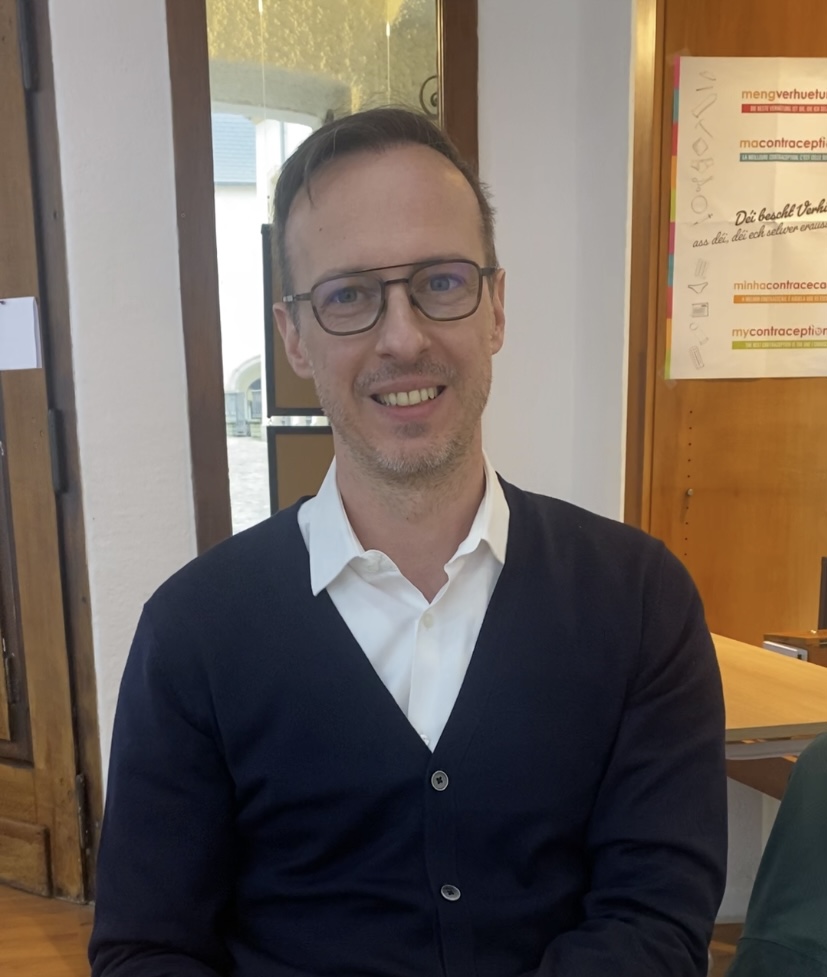
- It’s been an interesting journey because, while we have been living in Luxembourg, we also became parents. My partner and I had a son about two and a half years ago. So, we found ourselves not only being queer in Luxembourg but also being queer parents. I think it is even a smaller subset of already a minority. The challenge becomes even bigger in finding other queer parents around to form a community.
- Luxembourg is a safe haven, yes. [But,] I do think there are still ways to go in improving the legal framework in some areas […]. There is still more work to be done to [achieve] true acceptance and full integration as equal members of society.
- There is a double challenge that I faced, because on the one hand […] you want to stay queer and be a good parent in the outside world, but on the other hand inside the queer community, you want to say “Look, we are still gay…” [even though we could be perceived as fitting a more heteronormative standard because of parenthood].
- In terms of the legal framework, there could be more certainty of how parenthood is recognized. […] And, what I think we can do more as a community is building more a sense of community […] whether we are parents or not.
If you want to watch the videos in full length, please visit:
